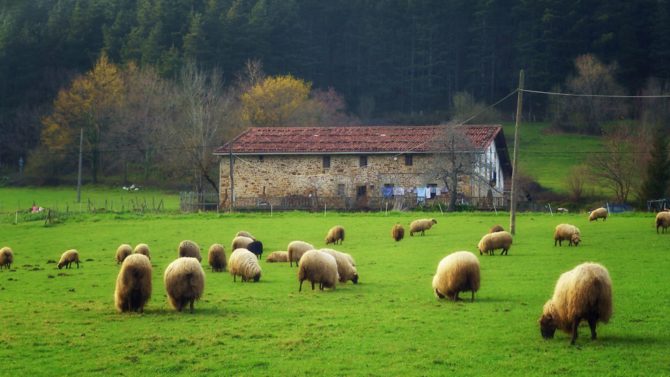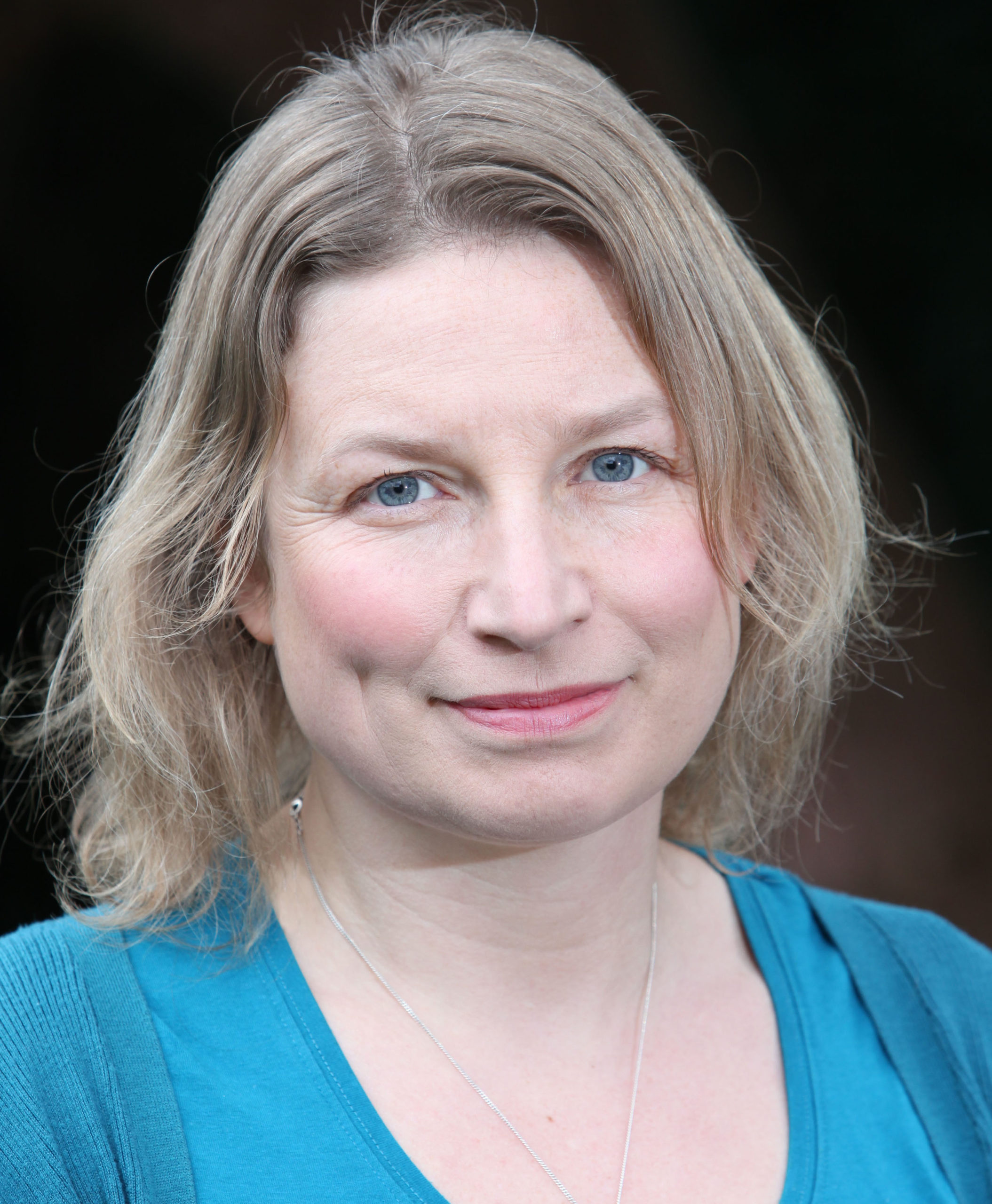Setting up a French smallholding


Dreaming of a good life keeping a few chickens, pigs, sheep or goats? Here are the basics of setting up a smallholding in France.

Finding land
Rural land is comparatively cheap in France, making it the perfect place to set up a smallholding. The biggest mistake people make, however, is underestimating how much land they’ll need. Livestock and chickens are happiest in groups, and rotating them around parcels of land will protect biodiversity and the soil, while preventing disease build-up. So even the smallest flock will need ample space.
Most internet searches will suggest a density of no more than four or five sheep per acre (about 1,000m2 per sheep), but bear in mind that in hot terrains with less vegetation you will require more land, and the amount of land also depends on what animals you want to keep – a dairy cow requires six or seven amount of times the pasture a ewe needs. Your best bet is to go to your department’s chambre d’agriculture office and seek their advice, as it differs from place to place. In Creuse it’s recommended that each ewe has at least 1,500m2 of pasture, while in Gers they should have at least 2,500m2 each as well as hay and mineral supplements in the winter. If you’re hoping to grow fruit and vegetables, don’t forget to study the soil – is it yielding loam or unforgiving clay?
Finding the property
Although it can be tempting to snap up a crumbling farmhouse and ruined barns for a song, many people fall into this trap without realising how much time it takes to restore a property, meaning they have less time to devote to their smallholding in the first few years. Don’t assume you’ll be allowed to construct new animal shelters of other buildings, even if they are small and wooden, as there are strict rules on construction in French agricultural zones. Ask the mairie or a planning specialist such as frenchplans.com for guidance.
Also be aware that when you buy a property in France with agricultural land attached, a government agency called SAFER may be given the first right of refusal on it. After you’ve had an offer accepted on a large agricultral property, the notaire is obliged to notify the local branch and give them the chance to buy it instead of you at the same negotiated price. Despite this, SAFER are actually a very helpful body when it comes to running a commercial smallholding, as they can act as estate agents and can find you a property and guide you through the purchasing process. They have a website, frenchland.com, where you can search their properties.
Choosing animals
A perfect introduction to the good life, hens will give you eggs and eat up your vegetable peelings without needing much space or specialist knowledge, although you’ll need to be there morning and night to shut them in. Sheep are generally placid, make excellent lawnmowers and, of course, are a source of wool and milk. The primitive Ouessant breed is one of the smallest, hardiest sheep breeds in the world and is able to tolerate lower-quality pasture, so could be a good option if you have a modest plot.
Goats are affectionate, playful and curious, and a good option for areas with poor grass quality as they actually prefer eating leaves, bark and brambles. Likewise, pigs are great at clearing nettles, brambles and dandelions. They are easygoing, thrive in woodland and can be used to fertilise your veg plot over winter. Alpacas are lighter on their feet than hooved animals, make good in-flock ‘guard dogs’ and are prized for their fibres.
Acquiring animals
There are lots of legitimate places to source animals in France, from commercial farms and small-time producers to neighbours and markets. Leboncoin.fr, agriaffaire.com and Facebook Marketplace are also worth a look. Before buying livestock, try to visit the animals in situ and ideally speak to the animals’ vet to see if there are any ongoing problems – also be aware that a small-scale farmer may be likely to keep the best animals for himself.
_________________________________________________________________________________________
Take a look at these smallholdings for sale on our property portal
_________________________________________________________________________________________
Following rules
Just like in the UK, there’s one golden rule about buying cattle, sheep , goats or pigs in France – they must be tagged, even if it’s just the one. The state needs to know about livestock in order to limit the spread of disease and ensure traceability in the food chain if necessary, and you risk a big fine if you break the rules.
Registration is done on a local authority level through the departmental livestock establishment (EDE), which comes under the umbrella of the chambre d’agriculture. Every time an animal is born, dies or moves to a new site, the owner must notify the EDE within a fixed period or risk a fine. Each animal is assigned an individual number and a numéro de cheptel identifying the parcel of land, so if your French property doesn’t yet have a cheptel number, you’ll need to go to the chambre d’agriculture and apply for one.
With all these in mind, you’ll still need to attend to the matters of ensuring you have the proper means to fence, house, feed and care for your animals, which also involve some regulations. Don’t worry, your chambre d’agriculture should be able to help with all your queries, and there are plenty of helpful resources in English too, such as Country Smallholding magazine or the knowledge library on the Agriculture and Horticulture Development Board website. Bon chance!
_________________________________________________________________________________________
If you enjoyed reading this, you might also like:
Living the good life in south-west France
Why you should move to Charente, and some of the beautiful properties you could buy there
_________________________________________________________________________________________
Share to: Facebook Twitter LinkedIn Email


